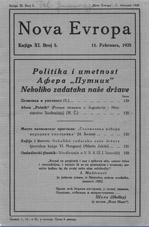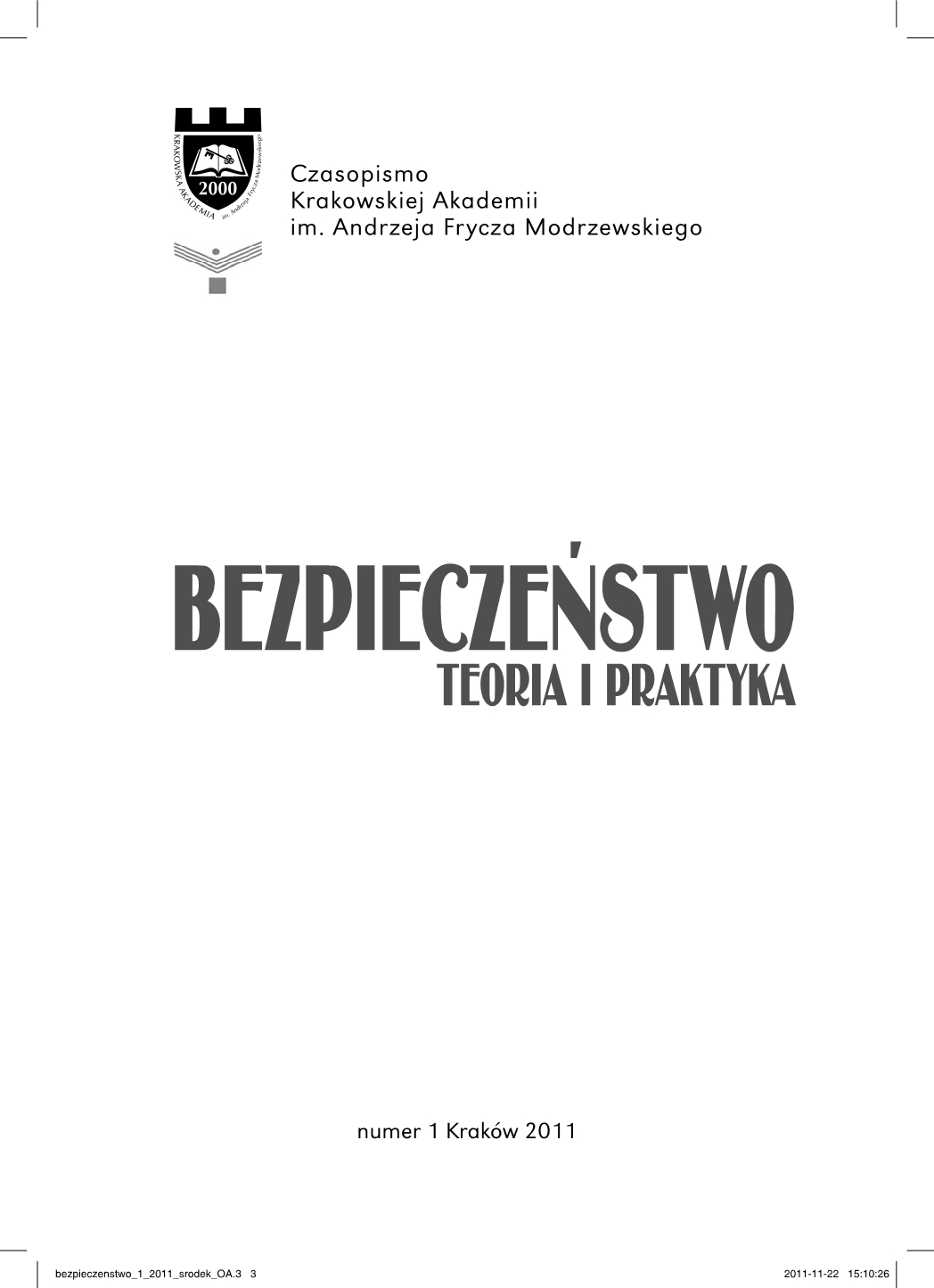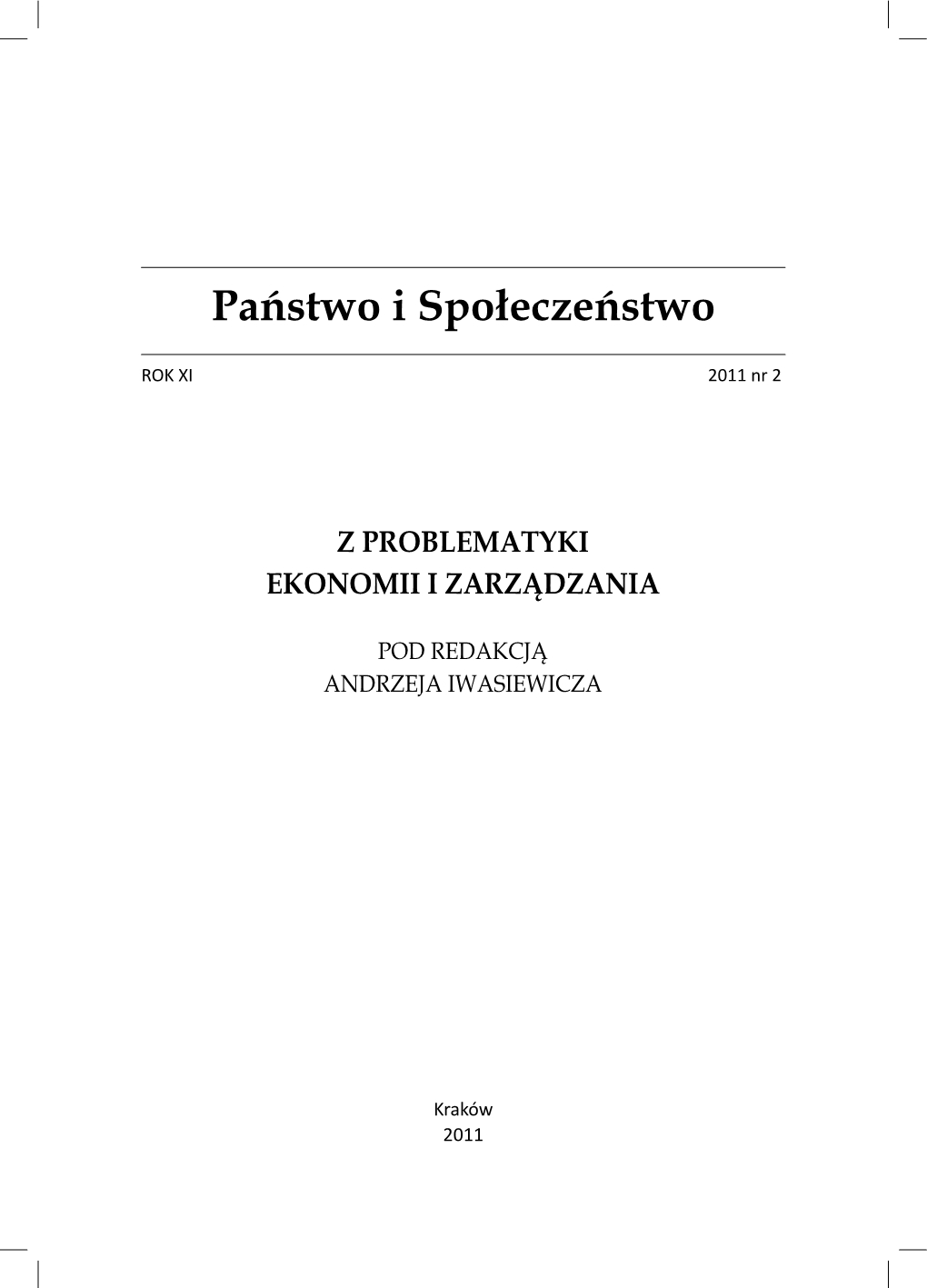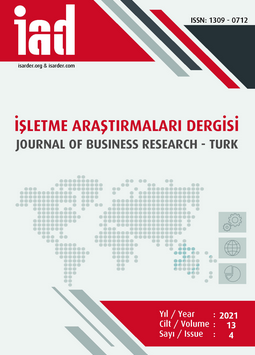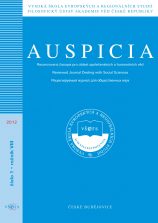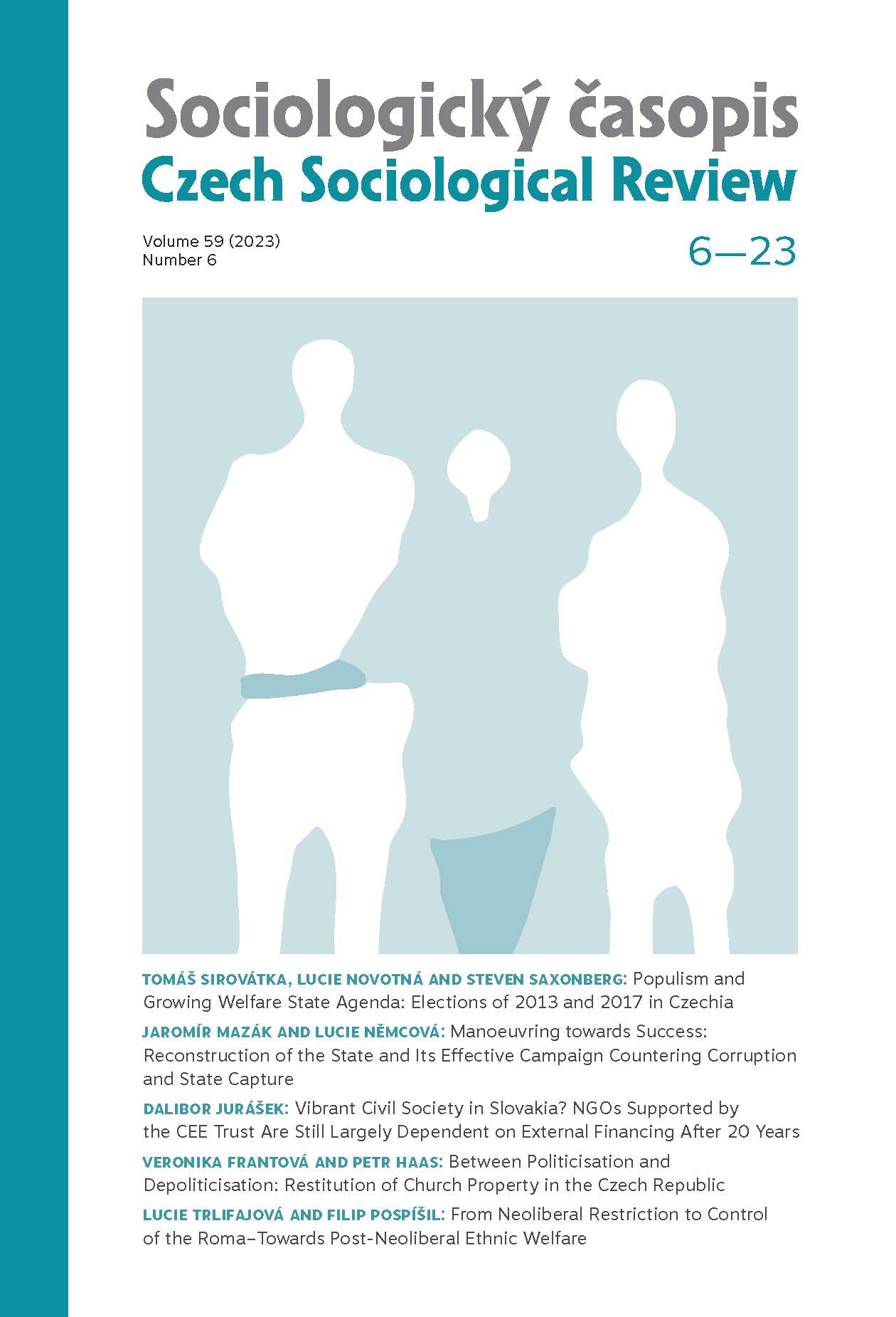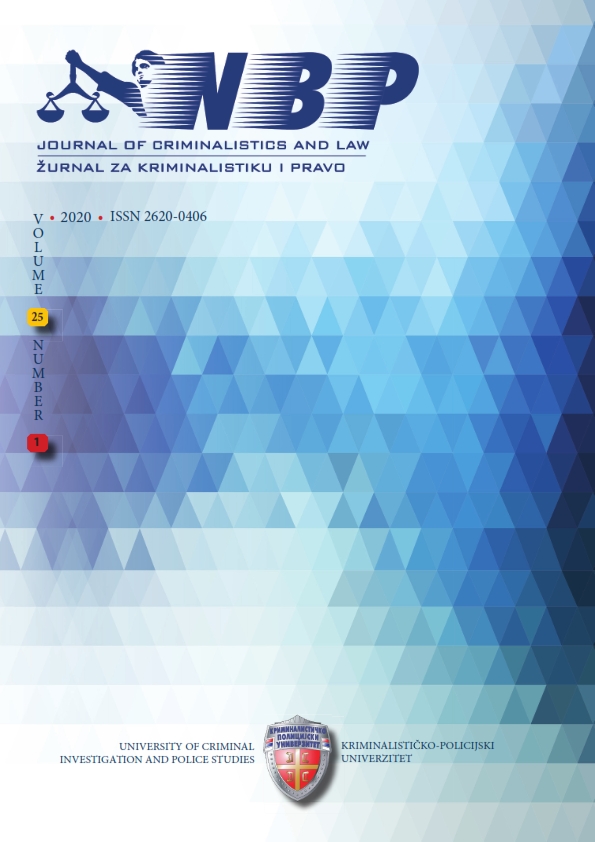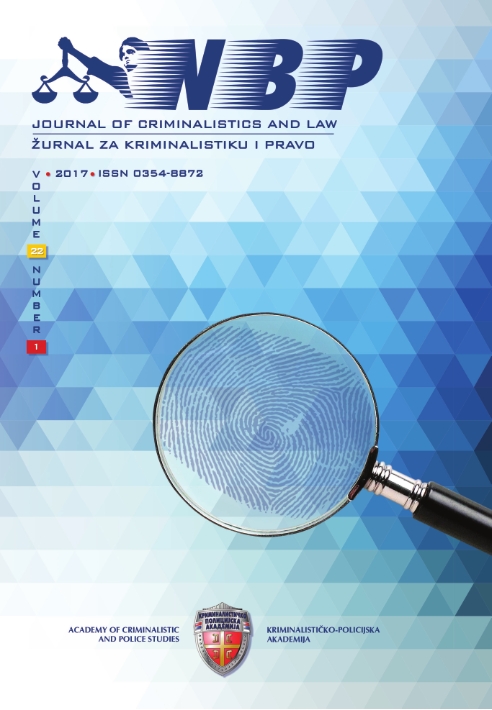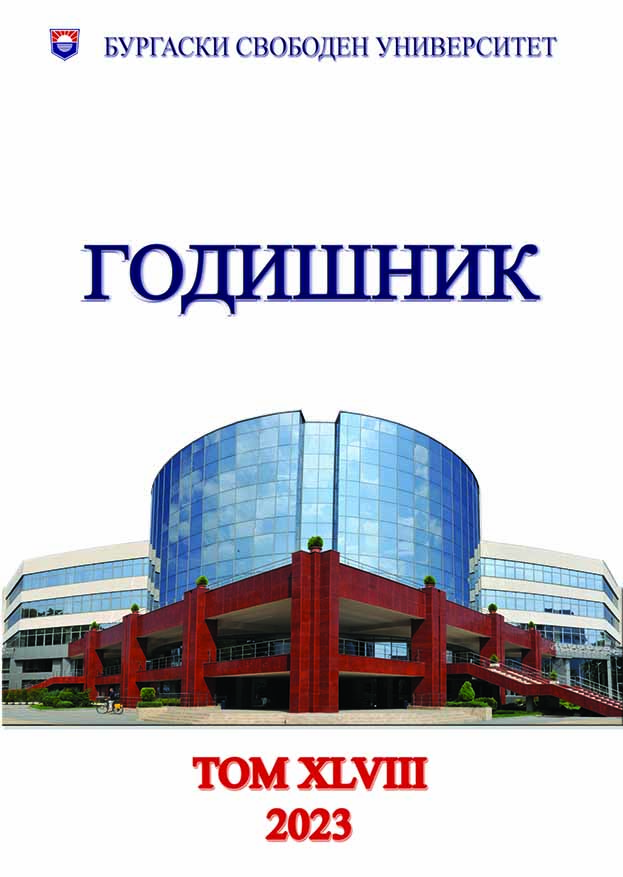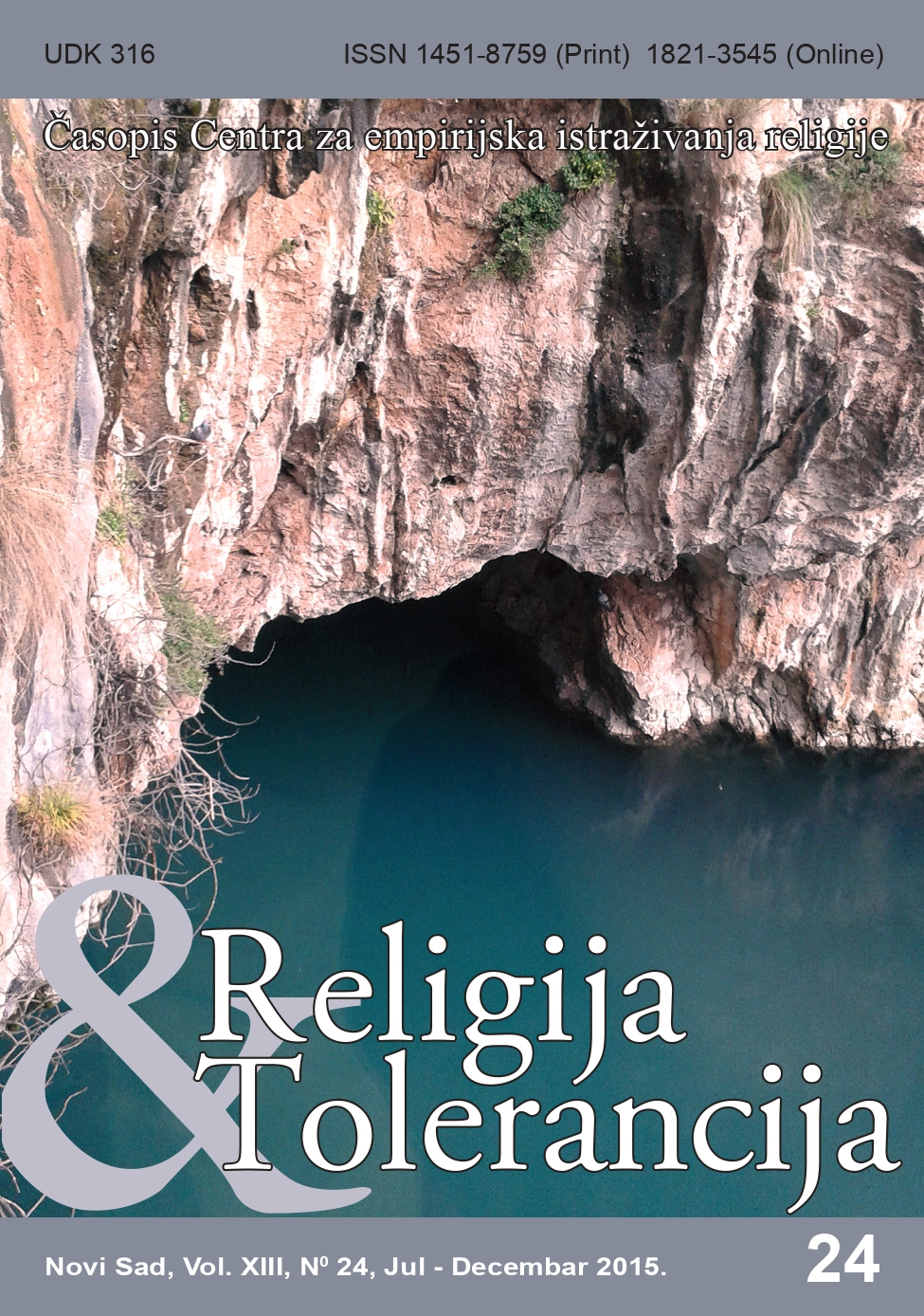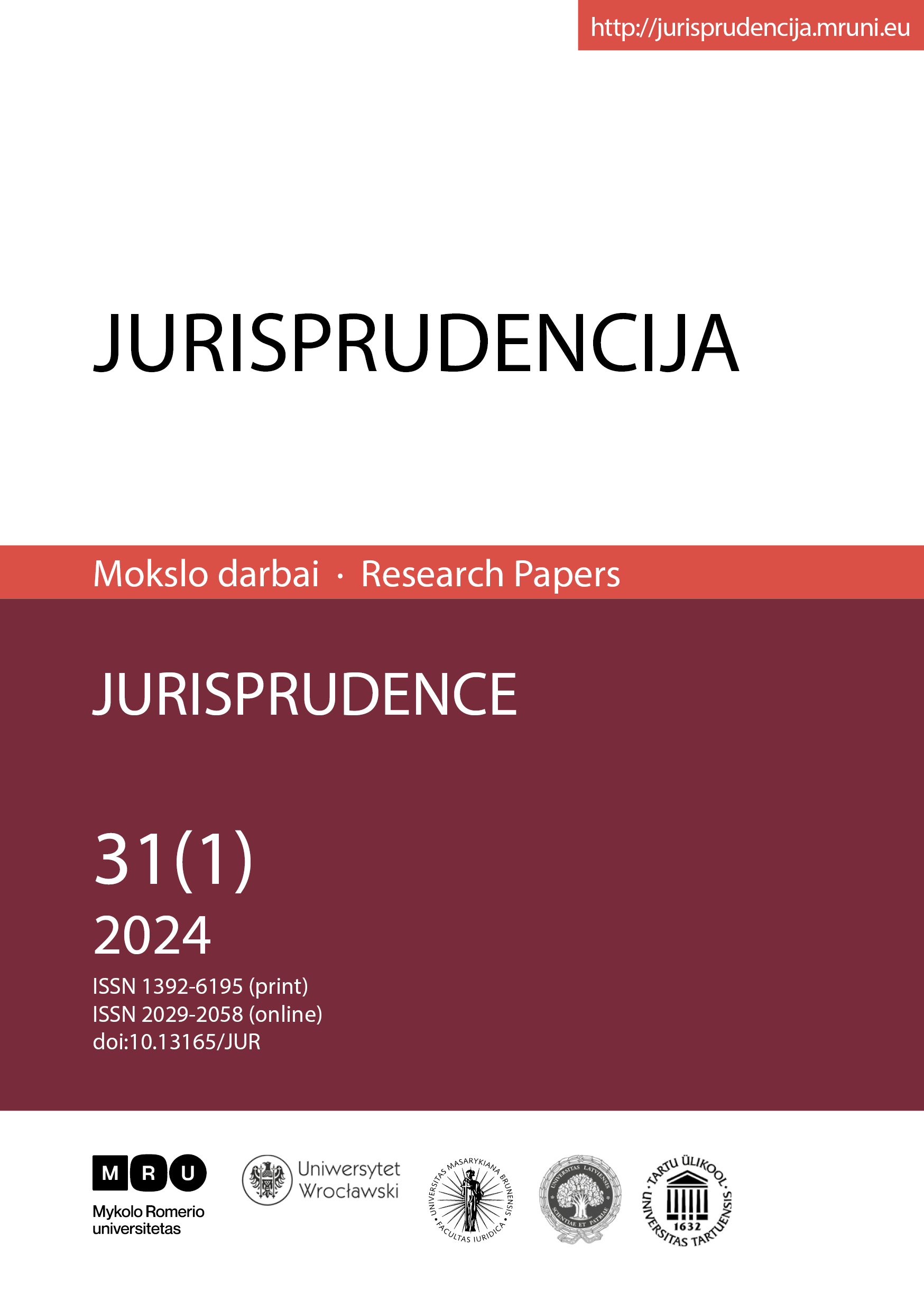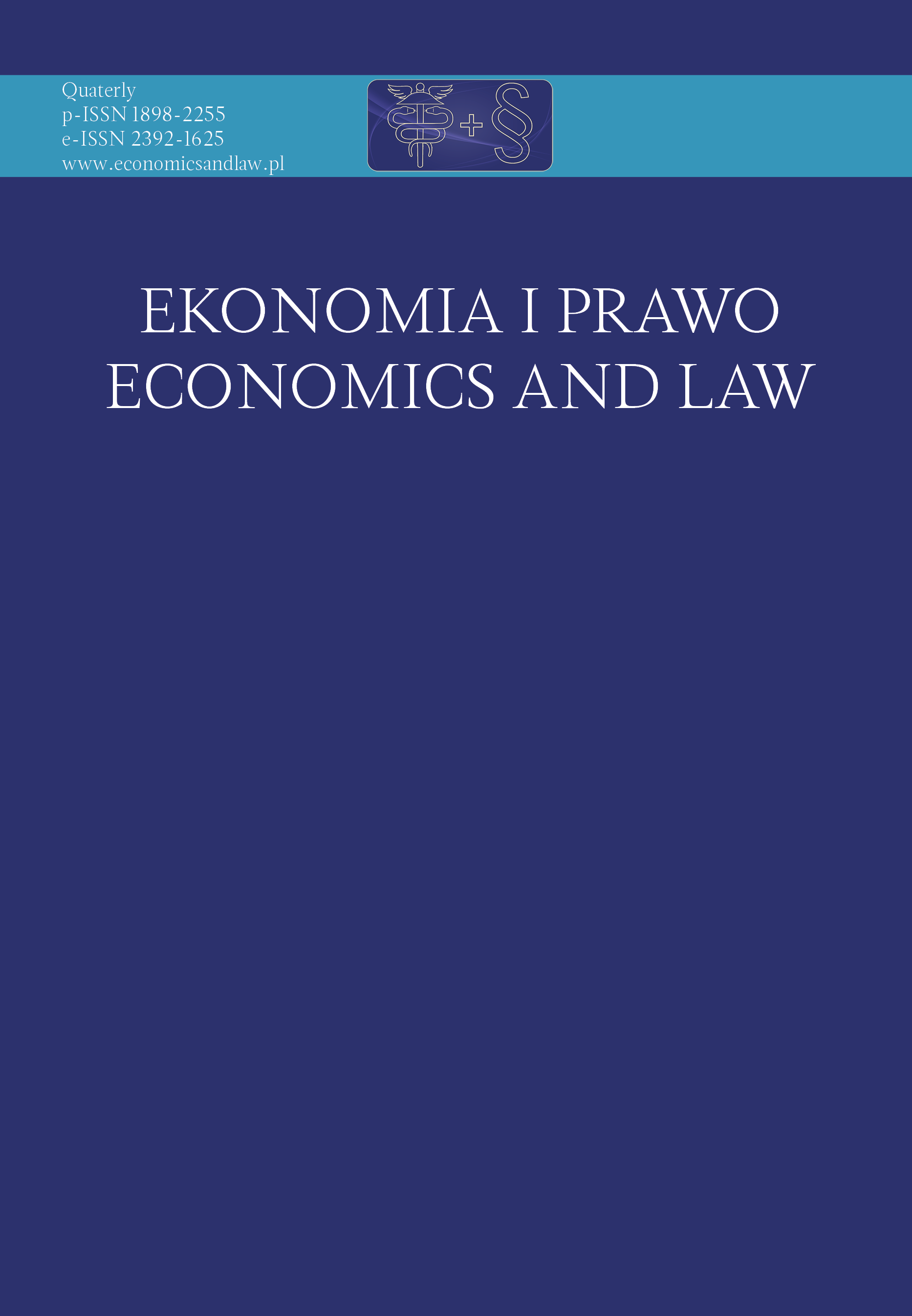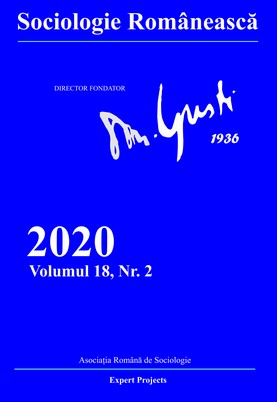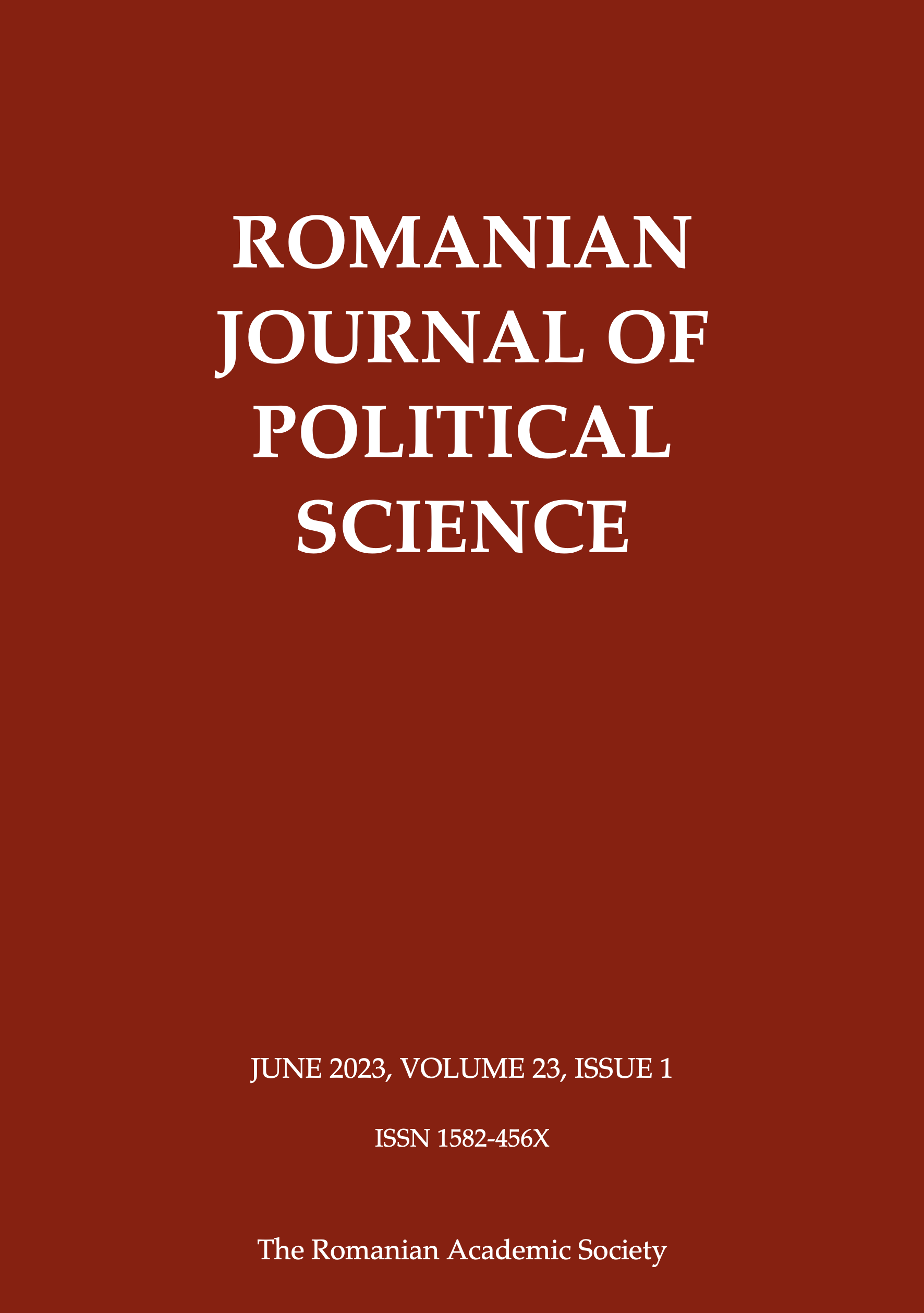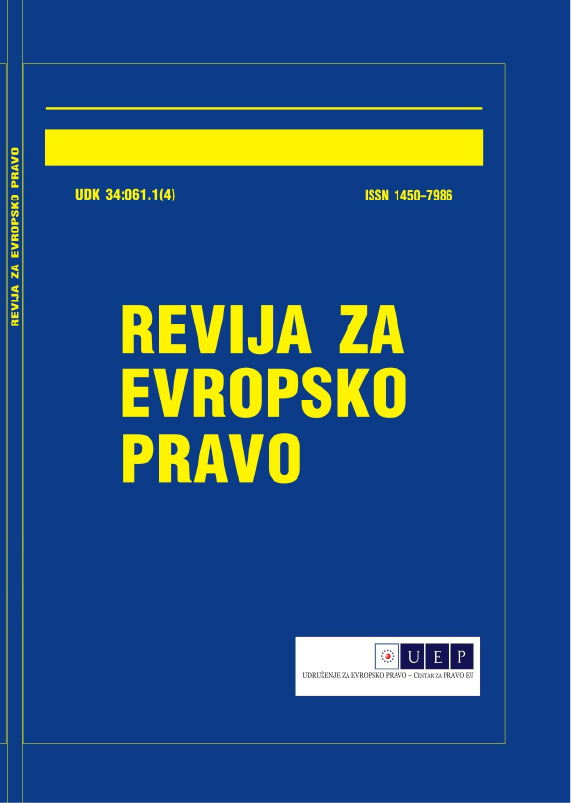Author(s): Zoran Kesić / Language(s): Serbian
Issue: 1/2017
The fact is that our scientific and professional public has often discussed the phenomenon of corruption so far. However, it seems to us that these discussions are primarily related to corruption in general, while its specific forms and manifestations in different areas of social life, especially in the work of the police, are insufficiently processed. As a result, in the literature now we do not have a clear and precise vision what the behaviours are which could be subsumed under the corrupt practices in police work. In order to make at least a small step forward in this respect and expand the existing knowledge, in this article we considered the phenomenon of police corruption in the light of some of the usual classifications, presenting also some concrete manifestations of this phenomenon in police practice. Considering the content of individual classification and considering some specific forms of corruption in the police our tendency was primarily to facilitate some future researchers of this phenomenon to come to a working definition of what precisely the object of research is. In this sense, we believe that some of the following conclusions may be helpful: corrupt behaviour of police officers very diversified in nature, ranging from the phenomena that because of their innocence could be considered to be petty in character (e.g. the acceptance of small gifts, drinks, lunch) to very serious forms of undermining implementation of justice and sabotaging the control of the most dangerous crimes (e.g. the protection of drug trafficking); the role of a police officer in corrupt transactions can be passive, in the sense of accepting a bribe offered, but also active, by seeking opportunities or personally demanding a bribe; corrupt behaviours of police officers range from individual and unplanned transactions (mainly in terms of using the opportunity which presented itself randomly) to very organized and frequent forms of bribery (which are usually arranged in advance); although any officer can become a corrupt officer, irrespective of the rank and position in the organizational structure they occupy, there are still areas of police work and positions that provide more possibilities and opportunities for corrupt transactions (e.g. vice, traffic police, border police); although taking bribe can be considered a generic term for corruption in the police, the fact is that in practice there are numerous variations, which are usually fixed and adjusted to the particularities of police activities (scope and specifics of the tasks), but also the social environment in which this activity is performed; sources of corruption challenges that police officers face are not only in the external environment, but also within the working environment, or in the police organization.
More...
